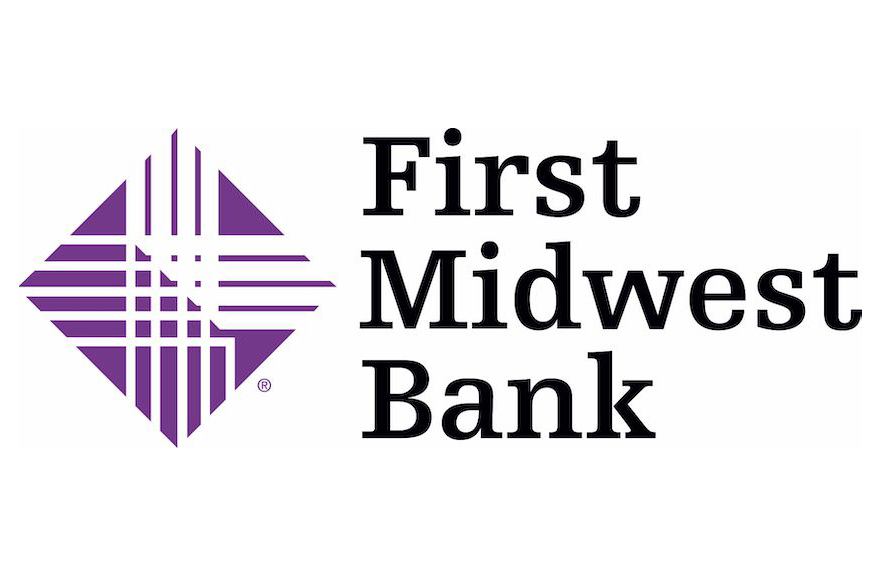Getting Approved for a Credit Card Without a job: Is It Possible?
Getting a credit card may pose a challenge for the unemployed, but it is within reach.
The Importance of Credit Cards in Today’s Financial Landscape
In the fast-paced and financially dynamic world we live in today, credit cards have become indispensable tools for managing personal finances, making online purchases, and building credit history. However, one question that frequently arises is whether it is possible to apply for a credit card while being unemployed.
The Complexity of Credit Card Eligibility Criteria
The answer to this question is not straightforward, as it depends on various factors, including the individual’s financial situation, credit history, and the lender’s policies. Credit card issuers typically have specific eligibility criteria that applicants must meet to be considered for a credit card. These criteria typically include age, income, credit history, and employment status. While employment status is a consideration, it is not always a strict requirement. Lenders primarily assess an applicant’s ability to repay the credit card debt and manage credit responsibly.
Challenges Faced When Applying While Unemployed
Being unemployed can present challenges when applying for a credit card. One of the primary challenges is demonstrating an ability to repay the credit card debt without a regular source of income. Lenders may be concerned about the applicant’s financial stability and ability to meet monthly payments. Additionally, without a steady income, it can be difficult to meet the minimum income requirements set by some credit card issuers.
Potential Solutions and Considerations
There are several potential options and considerations for individuals who are unemployed but still want to apply for a credit card:
1. Credit History: If you have a strong credit history and a good credit score, you may have a better chance of being approved for a credit card, even if you’re unemployed. Lenders often prioritize a history of responsible credit management.
2. Co-Signer: Having a co-signer with a stable income and good credit can improve your chances of getting approved. However, it is important to note that a co-signer is equally responsible for the credit card debt, so make sure you’re both on the same page about repayment.
3. Financial Situation: Before applying for a credit card, evaluate your overall financial situation. Take into account your savings, expenses, and any alternative sources of income. Only apply for a credit card if you’re confident in your ability to manage the payments.
4. Start Small: If you’re approved for a credit card, consider starting with a low credit limit. This will help you manage your spending and payments effectively. As your financial situation improves, you can request a higher limit.
Exploring Alternatives for Those Who Can’t Get Approved
For individuals who are unable to get approved for a credit card, there are alternative options to consider:
1. Alternative Income Sources: If you’re unemployed but have alternative sources of income, you might still have a chance to qualify for a credit card. Some credit card issuers consider income beyond traditional employment, such as rental income, investments, retirement benefits, and even spousal income. It’s important to accurately report all relevant income when applying for a credit card.
2. Secured Credit Cards: Secured credit cards are a viable option for individuals with limited or no credit history, as well as those facing unemployment. These cards require a security deposit, which then becomes your credit limit. Because the deposit acts as collateral, secured credit card issuers are often more lenient in their approval process. Responsible use of a secured credit card can also help you build or rebuild your credit history over time.
3. Authorized User: Another option is to become an authorized user on someone else’s credit card. This can be a viable option if you have a family member or close friend who is willing to add you to their account. As an authorized user, you’ll have access to the credit card’s benefits, and the primary cardholder’s credit history can potentially positively impact your own credit score.
In conclusion, regardless of your employment status, responsible credit management is essential. Before applying for a credit card, carefully assess your ability to handle credit card payments and make informed decisions that align with your financial goals.




